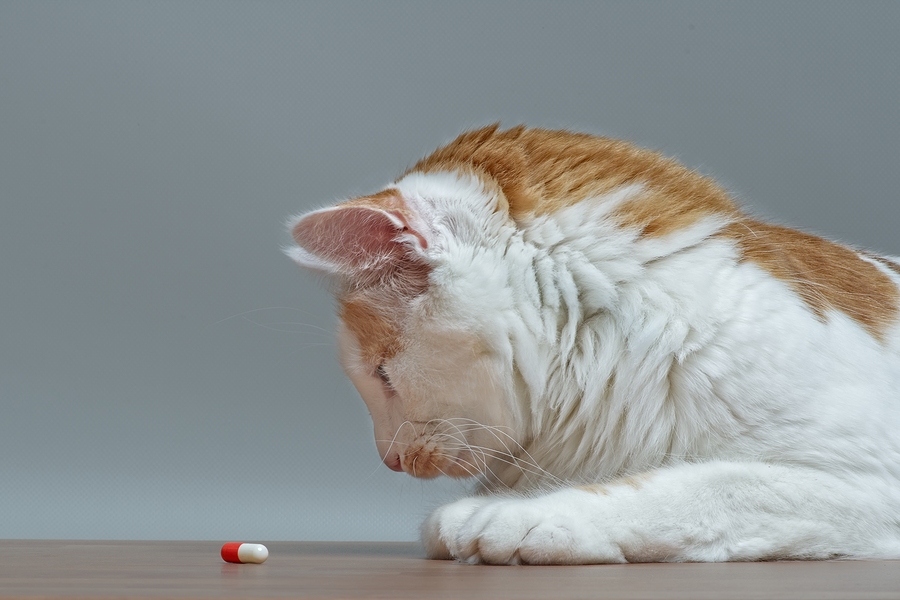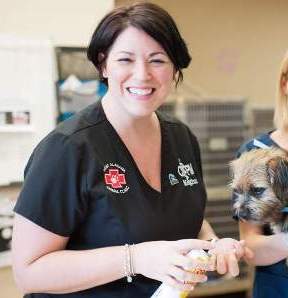Once upon a time, working in veterinary medicine was regarded as a selfless profession. Everyone employed in the hospital knew at a young age that taking care of animals was their calling. We had more people than we needed to fill vacant jobs and had stacks of resumes from determined people wanting to get their foot in the door. Fast forward to 2018 and people are deserting this profession at an alarming rate. The reasons are limitless and frankly, one of them can be eliminated.
Some of us still have the same passion from when we began our career and have never forgotten where we came from. We are not lost on why we are here in the first place. Our patients are voiceless and look to us for healing and comfort. We are educated and have the ability to make a difference. We have the ability to teach the next generation how awesome it is to be in this profession yet some are destined to expel the negative as far as they can.
I worked in specialty medicine as a CVT for 14 years before I made the decision to leave practice. I left because my body broke down not because of the profession itself. I loved being an advocate for patients and being a part of a team that took pride in how we practiced medicine as a whole. There were days I wanted to quit from lack of appreciation and inadequate pay for the work being performed. I rarely sat down for a lunch break to take the time for myself to re-energize for the rest of the day. I worked 12 to 14-hour days often and wondered if it was worth it? I spent my days taking care of other people pets while mine were home alone wondering when I would return to take care of them. When I finally made it home, I sat with them while sometimes crying after a long day begging them to never get sick.
I went to work every day with a purpose and although I sometimes questioned my decision, I never forgot why I embraced this amazing profession. Pets are not going anywhere and they need us more than ever. Clients are spending money on veterinary care more than ever before and those of us that are passionate about our role in their care are dedicated despite the negatives that surround us. We can all agree that we are under-appreciated, underpaid and overworked as a whole for the work we all do, but our patients have no idea. They depend on us to take care of them no matter what and we made a commitment to honor that despite the challenges.
Everyone has their own unique experiences and although it is very easy to express to someone why they shouldn’t be in the profession, focus on the reasons why they should. Why you chose this profession in the beginning still exists deep down in your soul. Take a moment to remember your “why” and be a mentor to someone who may be struggling. This profession is emotional and hard on most days, but it can also be very rewarding. Making a difference in a pet’s life is much more fulfilling than wasting energy on negativity.
This profession isn’t perfect but no career is. There are days your heart will be so full one minute and completely broken the next. Is it worth it? Only you can answer that question. Take a look at your own pet(s). What type of person would you want taking care of them? One who has positivity in their heart or negativity in their veins? I know the type that I would choose every single time.
The views and opinions expressed in this article are those of the author and do not necessarily reflect the position of the DrAndyRoark.com editorial team.

